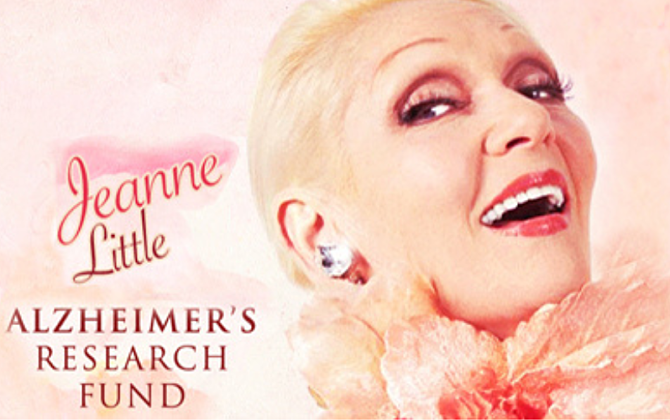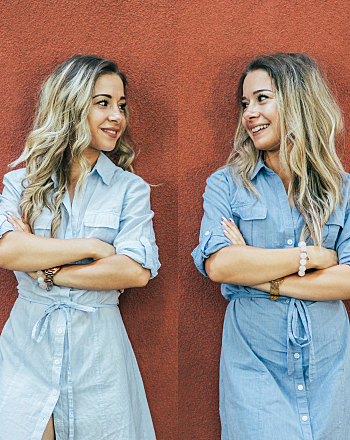ABC’S AUSTRALIAN STORY FEATURING JEANNE LITTLE AIRING ON 1 MARCH 2021
Jeanne Little, one of Australia’s biggest stars of the 1970’s, will feature on Australian Story on Monday evening (1 March, 8pm), shining a light on the woman who touched the hearts of Australia with her unstoppable energy and creativity.
But many people will be shocked to know that towards the end of her life, Jeanne struggled with Alzheimer’s for 13 years, leaving this once extremely independent and strong woman unable to care for herself.
Sadly, when she passed in November 2020, Jeanne didn’t recognise her family and she couldn’t walk or talk.
Jeanne Little’s daughter, Katie Little, said Jeanne was the lynchpin that held their family together with her love and laughter, but when she got sick, the whole family fell apart.
“The worst part for me was when Mum had been diagnosed and nobody knew. As soon as it became public, people everywhere were telling me Alzheimer’s had affected their family too. That was hugely important to me, because it was only then I realised I wasn’t alone.
“And if Mum taught me anything, it was that sitting around being miserable achieves nothing. So achieving awareness of dementia and the need for more research has given me enormous purpose.
“My hope is that people will watch Australian Story and remember Mum for the brilliant and lovable person that she was, but they’ll also get an insight into how devastating the effects of Alzheimer’s and other dementias can be, and the need to support research.
“She had huge compassion for people and was always trying to lift people’s spirits and inspire them to make a difference. I know she’d love NeuRA’s Jeanne Little Alzheimer’s Research Fund and would be thrilled to know she’s still helping people. Can you imagine what she would say? It would be like ‘Daaaarlings! You’ve just got to help, you’ve just got to!’,” said Katie.
To date, almost $200,000 has been donated to NeuRA’s Jeanne Little Alzheimer’s Research Fund so NeuRA can continue its research into reducing the risk of dementias in Australia.
In 2020, over 450,000 people were affected by dementia and it is the number one killer of women in Australia. It’s estimated that by 2025, dementias will likely cost the Australian health system over $18.7 billion, but the toll it will take on families is far, far greater.
With no current solutions, such as treatments or a cure, NeuRA scientists have been working hard to reduce dementia risk in the hope of preventing these diseases altogether.
Senior Principal Researcher at NeuRA, Professor Kaarin Anstey, and her team have been working on developing a new risk calculator, CogDrisk. The tool will allow individuals to assess their risk of developing dementia and clinicians to develop personalised risk reduction plans and interventions early and reduce the number of cases overall.
Research Fellow at NeuRA, Dr Bill Brooks, has been working with families who carry genetic mutations that cause Alzheimer’s disease. The study, DIAN, has identified biomarkers that can be used to detect disease activity up to 20 years before symptoms develop, and are now being used in clinical trials to prevent or delay dementia onset.
Senior Principal Researchers at NeuRA, Professor Tony Broe and Dr Kylie Radford, are leading the Koori Growing Old Well study, which aims to identify the reasons for the high dementia rates (three times non-Indigenous rates) in urban and regional Aboriginal Australians.




